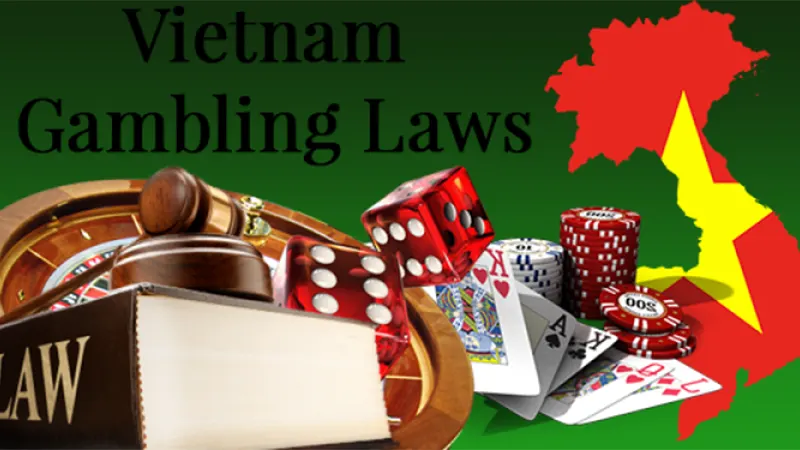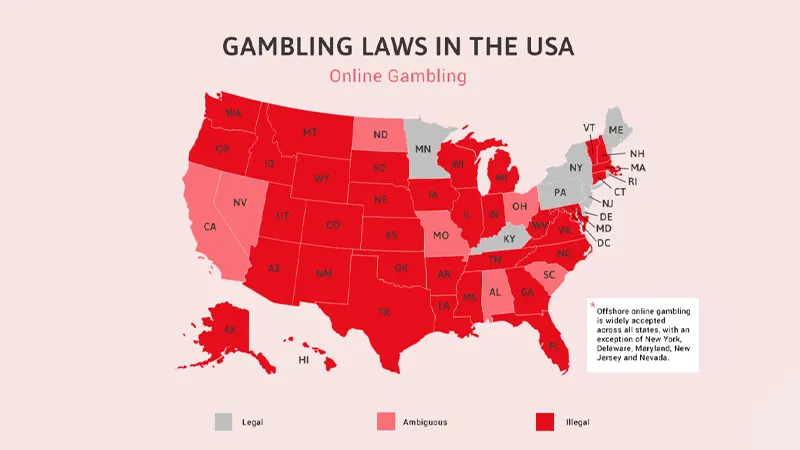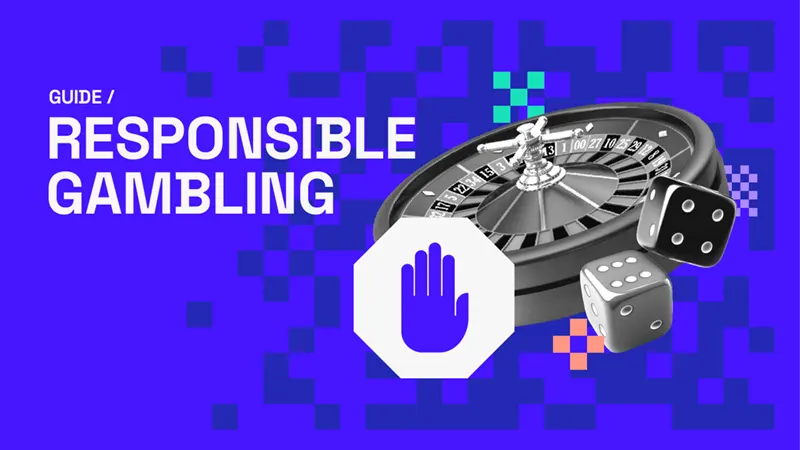The digital gambling landscape has transformed dramatically over the past decade, with online casinos attracting millions of players worldwide. However, the legal status of online gambling varies significantly across different countries, creating a complex web of regulations that players must navigate carefully. Understanding the legal framework isn’t just about compliance – it’s about protecting yourself from potential legal consequences and ensuring your gaming experience remains safe and secure.
The importance of knowing your local gambling laws cannot be overstated. While the internet makes it easy to access international gambling platforms, playing on an illegal site in your jurisdiction can expose you to serious risks. These include potential legal penalties, loss of funds without recourse, and lack of consumer protection. At 82 Lottery, we believe informed players make better decisions, which is why we’re sharing this comprehensive analysis of online casino legality across three major regions.
What Makes an Online Casino Legal?
Before examining specific countries, it’s crucial to understand what constitutes a legal online casino. Legitimate online casinos must obtain proper licensing from recognized gambling authorities. These regulatory bodies include prestigious organizations such as the Malta Gaming Authority (MGA), the UK Gambling Commission (UKGC), the Curacao Gaming Commission, and the Philippines’ PAGCOR.
Licensed casinos operate under strict guidelines that ensure fair play, secure transactions, and responsible gambling practices. They must maintain adequate financial reserves, undergo regular audits, implement robust anti-money laundering measures, and provide clear terms and conditions. Most importantly, they must pay taxes in their jurisdiction and contribute to problem gambling prevention programs.
The licensing process is rigorous and expensive, which is why many operators choose to avoid it entirely. However, unlicensed casinos pose significant risks to players, including potential fraud, unfair games, and inability to withdraw winnings. Players should always verify a casino’s licensing status before depositing money.
Vietnam: The Current Legal Landscape
Vietnam maintains a strict stance against online gambling for its citizens. The country’s current legislation explicitly prohibits Vietnamese nationals from participating in online betting activities, regardless of whether the operator is based domestically or internationally. This blanket ban covers all forms of online gambling, including casino games, poker, and sports betting.
The only legal gambling options available to Vietnamese citizens are state-operated lotteries and a limited number of land-based casinos that primarily serve international tourists. Notable examples include casinos in Phu Quoc and Ha Long Bay, which require foreign passports for entry. These establishments were specifically designed to attract international visitors and boost tourism revenue.

Despite the legal restrictions, many Vietnamese players continue to access international gambling sites. However, this activity remains illegal and carries potential consequences. Players who engage in online gambling face the risk of penalties if caught, and they have no legal recourse if disputes arise with operators. The government has been increasing efforts to block access to gambling websites, though tech-savvy users often find ways around these restrictions.
Thailand: Strict Prohibition Remains
Thailand’s approach to gambling is even more restrictive than Vietnam’s. The country’s criminal code explicitly prohibits all forms of gambling, both online and offline, with very few exceptions. The Thai government views gambling as a social evil that can lead to addiction, family breakdown, and criminal activity.
The penalties for gambling in Thailand can be severe, including substantial fines and imprisonment. This applies not only to operators but also to players caught participating in gambling activities. The government has conducted numerous raids on illegal gambling operations and has been known to prosecute both local and foreign nationals found gambling.
Despite the strict laws, underground gambling continues to flourish in Thailand, and many Thai players access international online casinos. However, engaging in these activities is considered a criminal offense under Thai law. The government has implemented various measures to block access to gambling websites, including working with internet service providers to restrict access to known gambling domains.
The cultural and religious influences in Thailand also play a role in shaping gambling laws. Buddhism, which is practiced by the majority of the population, generally discourages gambling as it can lead to suffering and attachment to material possessions.
United States: A Patchwork of State Laws
The United States presents a complex legal landscape for online gambling, with laws varying significantly from state to state. Unlike many countries with uniform national gambling laws, the US allows individual states to determine their own gambling regulations, creating a patchwork of different rules and restrictions.
At the federal level, the Wire Act of 1961 and the Unlawful Internet Gambling Enforcement Act (UIGEA) of 2006 provide the framework for online gambling regulation. However, these laws primarily target operators rather than individual players, and their interpretation has evolved over time.
Several states have embraced online gambling and have established comprehensive regulatory frameworks. New Jersey was a pioneer in this space, launching legal online casinos in 2013. Pennsylvania, Michigan, West Virginia, and Delaware have followed suit, each developing their own licensing systems and regulatory requirements.

In states where online gambling is legal, operators must obtain licenses from state gaming commissions, meet strict technical and financial requirements, and comply with responsible gambling measures. These regulated markets offer players strong consumer protections, including dispute resolution mechanisms and guaranteed payouts.
However, the majority of US states still prohibit online gambling, leaving players in these jurisdictions in a legal gray area. While enforcement against individual players is rare, the lack of regulation means players have limited recourse if problems arise.
When comparing different types of online gambling, Sports Betting vs Casino Games shows interesting legal distinctions, with sports betting being legalized in more states than online casino games due to different regulatory approaches and public acceptance.
Why International Casinos Continue Operating in Restricted Markets
International online casinos continue to serve players in Vietnam and Thailand despite local prohibitions, operating in what many consider a legal gray area. These operators typically hold licenses from offshore jurisdictions such as Curacao, Malta, or Gibraltar, which allows them to operate legally from their base countries.
The global nature of the internet makes it difficult for local governments to completely block access to these sites. While authorities can request internet service providers to block specific domains, determined players can often circumvent these restrictions using VPNs or accessing mirror sites.
From the operators’ perspective, they argue that they are operating legally within their licensed jurisdictions and are simply providing a service that players choose to access. However, this doesn’t change the legal status for players in restricted jurisdictions, who remain subject to their local laws regardless of where the operator is based.
The revenue potential from these markets is substantial, which incentivizes operators to continue serving these regions despite the legal complexities. Many international casinos invest heavily in customer acquisition in these markets, offering generous bonuses and promotions to attract players.
Risks of Playing in Prohibited Jurisdictions
Playing at online casinos in countries where they’re illegal carries significant risks beyond potential legal consequences. The most immediate concern is the lack of consumer protection. When gambling is illegal, players have no official recourse if operators engage in fraudulent behavior, refuse to pay winnings, or manipulate games.
Financial risks include the possibility of banks freezing accounts associated with gambling transactions, as financial institutions in restrictive jurisdictions may be required to report suspicious gambling-related activities. Players may also face difficulties withdrawing winnings, as payment processors may be reluctant to handle transactions from illegal gambling sites.
Privacy concerns are another significant issue. Unregulated gambling sites may not adequately protect personal and financial information, potentially exposing players to identity theft or fraud. Additionally, players in restricted jurisdictions may be more vulnerable to unscrupulous operators who specifically target these markets knowing that players have limited legal recourse.
The psychological impact shouldn’t be overlooked either. Playing in an illegal environment can add stress and anxiety to what should be an enjoyable recreational activity. The constant worry about legal consequences or the legitimacy of the operator can diminish the entertainment value of gambling.
Insights from 82 Lottery: Risk Mitigation Strategies
At 82 Lottery, we’ve observed various strategies that players use to minimize risks when engaging with online gambling in legally complex environments. While we cannot advocate for breaking local laws, we can share insights about how players can protect themselves if they choose to engage with international platforms.
The most critical factor is operator selection. Players should only consider casinos with licenses from reputable jurisdictions such as Malta, the UK, or Gibraltar. These licenses come with strict requirements for financial stability, fair gaming, and customer protection. Avoid any site claiming to be licensed in countries where online gambling is actually prohibited – these are almost certainly fraudulent claims.
Security measures are paramount. Players should use dedicated email addresses for gambling accounts, employ strong passwords, and enable two-factor authentication where available. It’s also wise to use separate payment methods for gambling transactions to compartmentalize financial exposure.
Understanding the games and odds is crucial for responsible gambling. Players should familiarize themselves with house edges, return-to-player percentages, and proper bankroll management techniques. Setting strict limits on time and money spent gambling can help prevent addiction and financial problems.
Regular monitoring of account activity and maintaining detailed records of deposits, withdrawals, and gameplay can help identify any irregularities quickly. Players should also be aware of the warning signs of problem gambling and seek help if needed.
Recommendations for Safe and Responsible Gaming
Based on our experience in the industry, 82 Lottery recommends that players always prioritize understanding their local laws before engaging in any form of online gambling. Ignorance of the law is not a defense, and the consequences of illegal gambling can be severe and long-lasting.
For players in jurisdictions where online gambling is legal, we recommend choosing operators with strong regulatory oversight, positive player reviews, and transparent business practices. Look for casinos that publish their payout percentages, undergo regular audits, and maintain responsible gambling programs.

Financial responsibility is crucial regardless of legal status. Never gamble with money you cannot afford to lose, and avoid chasing losses with larger bets. Set predetermined limits for deposits and stick to them, and consider using the responsible gambling tools offered by licensed operators.
Education is key to safe gambling. Understanding the mathematics behind casino games, recognizing the signs of problem gambling, and knowing when to seek help can prevent gambling from becoming a destructive force in your life.
Final Thoughts: Making Informed Decisions
The legal landscape surrounding online gambling continues to evolve, with some countries moving toward regulation while others maintain strict prohibitions. Vietnam and Thailand currently maintain blanket bans on online gambling for their citizens, while the United States has adopted a state-by-state approach that has resulted in a complex patchwork of regulations.
Players must understand that engaging in online gambling in prohibited jurisdictions carries significant risks, including legal consequences, financial losses, and lack of consumer protection. While international operators continue to serve these markets, the legal status for players remains unchanged.
The responsibility ultimately lies with individual players to understand their local laws, assess the risks, and make informed decisions about their gambling activities. At 82 Lottery, we believe that education and awareness are the best tools for promoting safe and responsible gambling practices.
As the industry continues to mature, we may see changes in regulatory approaches across different jurisdictions. However, until such changes occur, players must navigate the current legal landscape carefully and prioritize their safety and legal compliance above all else. The thrill of gambling should never come at the cost of your financial security or legal standing.


